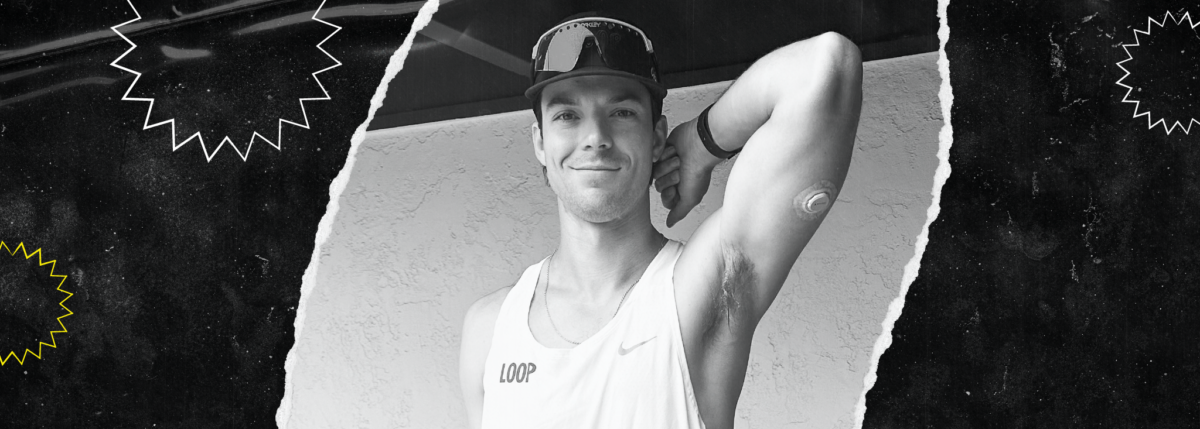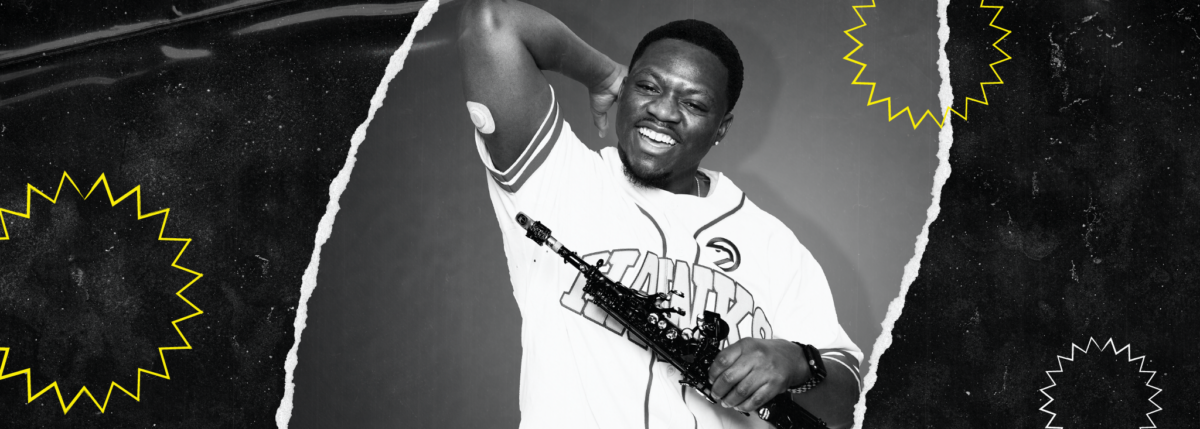How can we be better allies?
Written by: Lala Jackson
6 minute read
May 22, 2020
Editor’s note: The following op-ed was written by Lala Jackson, a staff member at Beyond Type 1. Beyond Type 1 acknowledges that learning how to become a better ally is an ongoing process. We invite our community to participate in respectful dialogue around this topic and, as ever, the Beyond Type 1 team is open to constructive feedback.
Living within a system that was not built to support my health taught me to notice when systems are failing others. As a person with type 1 diabetes, I’ve been forced to navigate complex logistical situations and advocate for my basic health needs, often with little help or even recognition from others.
I challenge myself and other white people with diabetes to learn from our personal experiences in order to recognize and dismantle the status-quo that is collectively failing Black people. While the healthcare system in the United States has been failing the diabetes community for several decades, our country has been disenfranchising, violently suppressing and silencing Black people for hundreds of years.
Diabetes advocacy as a teacher
I was diagnosed with type 1 diabetes when I was 10, almost 23 years ago. Despite an immense amount of privilege, US healthcare has failed me more times than I can count. Over the past two decades, I’ve battled for insurance coverage and struggled to afford insulin, at times fearful for my life.
This is what led me to work in diabetes. Over the years, I have felt othered as I have sat in rooms with decision makers, healthcare executives and politicians. I was often the only person in the room with type 1 diabetes, the only woman, the only young person. I, alongside other diabetes advocates in similar spaces across the country, was fighting for our right to consistent and affordable access to the medications and policies that keep us alive.
For years, we were ignored. People who had no personal experience with diabetes were the ones making decisions on our behalf. Our voices and experiences were dismissed. Instead, insulin costs kept going up. Coverage for vital technologies to keep us well kept getting more difficult to navigate. “That’s just how it’s always been done,” was a constant phrase, alongside “it’s not as bad as you’re making it out to be.” It was lonely, it was infuriating and it constantly put the lives of people with type 1 diabetes at risk.
With time, some progress has been made. Thanks to the work of so many individual advocates, the price of insulin has finally become a national conversation. We have not fixed our complex healthcare system, but as people who have not been personally impacted by diabetes join us to bring awareness to the issues, a growing spotlight is creating important momentum. It is heartening to no longer feel alone with the problem. Our experiences are finally being heard and amplified.
Listening to and amplifying the experiences of others
How can we do the same for others? When we listen and use our voices to amplify the experiences of others, particularly around issues that do not affect us personally, we can help to create life-altering change for those who are carrying burdens they should never have had to carry.
I do not know what it feels like to be a Black person in this country. I do not know what it feels like to watch my community be more heavily impacted by COVID-19, with complications from coronavirus killing more people who look like me than anyone else. I do not know what it feels like to live in a state where 83 percent of the coronavirus cases have been people who look like me, yet my state officials insist on re-opening the state because they believe COVID-19 is not a problem.
I do not know what it feels like to have had my ancestors’ bodies experimented on just because they were Black and therefore seen as expendable. I do not know what it feels like to have to deal with racial bias every time I walk into my doctor’s office. I do not know what it feels like to know I am less likely to receive quality diabetes care or have a healthy HbA1c because I am a person of color. I do not know what it feels like to have my diabetes diagnosis dismissed as my fault or inevitable, even though living in historically underserved neighborhoods means I have less access to safe and walkable areas.
I do not know what it feels like to live within a system designed to keep me separate and unequal, without equitable access to mortgages, business ownership, education, healthy food, or the freedom to safely exist in the places I live, work and go to school. Black people have been constantly dismissed as not worth saving, not just amidst COVID-19 but since before our country was founded.
I do know what it feels like to watch others remain silent as I fight for my right to live. While I do not think it was out of malice, people chose to ignore our fight for access to healthcare and lower insulin costs, and I see much of the same now as white people choose to ignore the ongoing plight of Black people. Unless each and every one of us actively fights against racism, the system that perpetually disenfranchises Black people will prevail.
Taking action to create meaningful change
White people must speak out against racist policies, systems and practices. We must have uncomfortable conversations with our white family members and friends to help them see what’s broken. We must use our position, privilege and network to open the door to conversations with other white people who may not understand or care that systems in the United States are racist.
We must not speak on behalf of others, but instead amplify Black voices to make sure they reach the ears of those who need to listen—the politicians, the CEOs, the heads of HR, the district attorneys, the police chiefs, the healthcare executives—all of the people who are making decisions impacting the general public. Decisions that impact your coworker, your classmate, your neighbor, your teacher, your kid’s friend.
It does not matter how ill-equipped we feel—we fight as and where we can. It does not matter if we feel we have nothing to add—our silence would imply we accept a system that discriminates against people based upon the color of their skin. It does not matter if we are scared of saying the wrong thing. We will make mistakes, but we will learn, and we will become better allies in the process.
We have to actively put a stake in the ground, actively fight for the fact that Black lives matter. Because when we need help, we require other people to fight alongside us. We require all of our voices lifted together to make our country equitable, healthy and just. None of us should have to fight alone.
If you are looking for ways to be a better ally, many people of color are doing immensely important work in this space. It is not any person of color’s responsibility to teach white people how to be better allies, but the resources listed below were created by people of color who have been gracious with their time, resources and energy to teach others.
-
- Guide to Allyship compiled by Amélie Lamont
- The 1619 Project led by Nikole Hannah-Jones for the NY Times
- Blood Sugar Rising by PBS (this review written by T’ara Smith)
- A Guide to White Privilege by Courtney Ahn
- Why Color Blindness Will Not Fix Racism by Franchesca Ramsey for MTV Decoded

Author
Lala Jackson
Lala is a communications strategist who has lived with type 1 diabetes since 1997. She worked across med-tech, business incubation, library tech and wellness before landing in the type 1 diabetes (T1D) non-profit space in 2016. A bit of a nomad, she grew up primarily bouncing between Hawaii and Washington state and graduated from the University of Miami. You can usually find her reading, preferably on a beach.
Related Resources
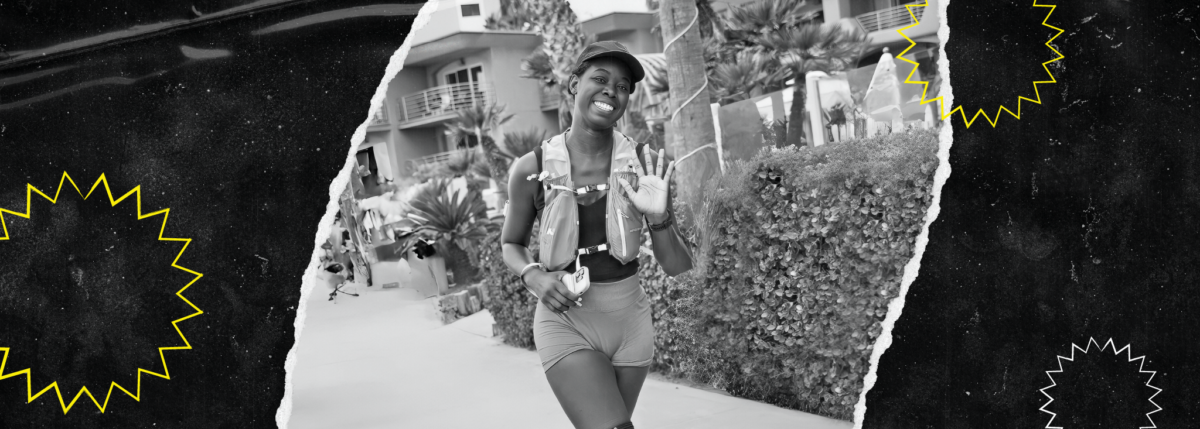
Danica Collins not only prepared for one of the most challenging physical events of her...
Read more
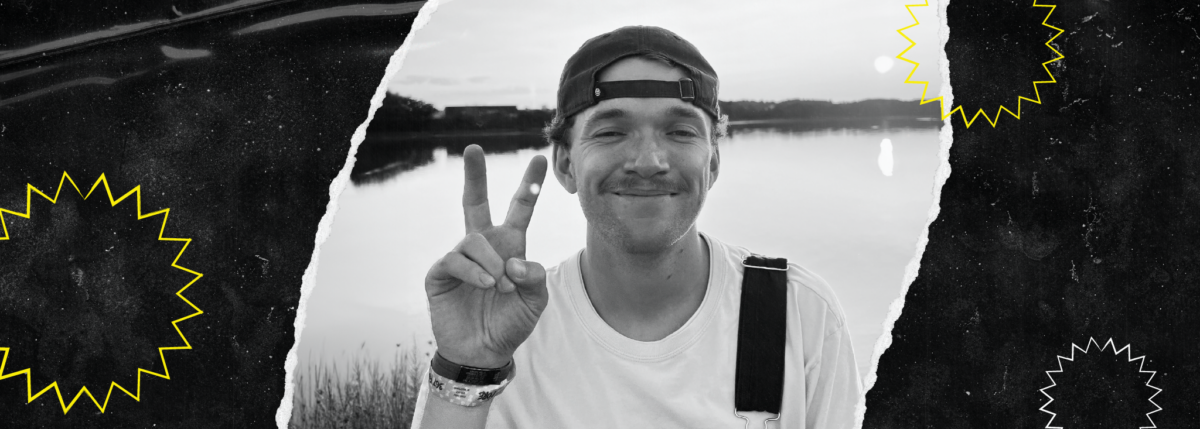
Beyond Type 1 is spotlighting inspiring athletes with type 1 diabetes as they prepare for...
Read more
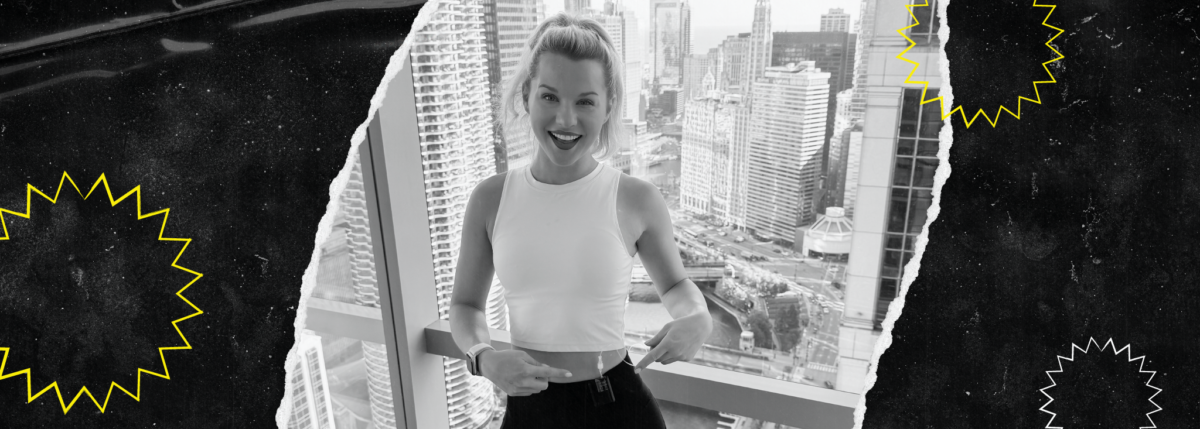
On November 3, 2024, Taylor Rindfleisch of Chicago laced up her running shoes for the...
Read more
